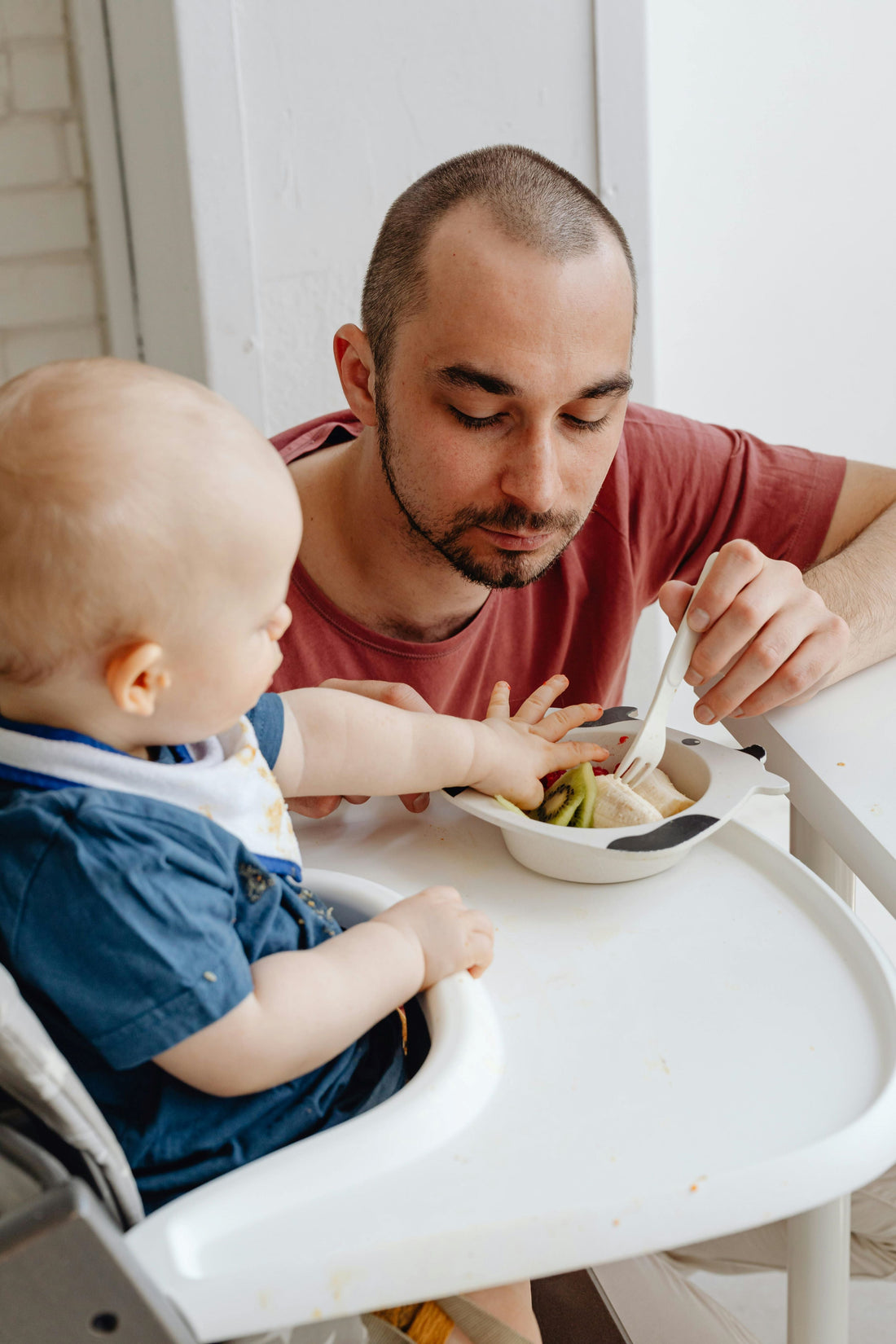The Importance of Patience at Mealtime
If you’ve ever felt frustrated watching your little one push food around their plate or take what seems like an eternity to eat, you’re not alone! Mealtime patience is one of the biggest challenges for parents, especially when dealing with toddler eating habits and baby mealtime struggles. But here’s the thing—patience at the table isn’t just about staying calm; it’s about fostering a positive relationship with food that will benefit your child for years to come.
By embracing stress-free feeding techniques, you can turn mealtimes into enjoyable moments rather than daily battles. In this guide, we’ll explore why patience is key and share practical ways to encourage better eating habits without the stress.
1. Why Patience is Key During Mealtime
Young children are still learning about textures, tastes, and self-feeding skills. Forcing or rushing them can create negative associations with food, leading to picky eating or mealtime resistance.
💛 Encourages Self-Regulation: Kids learn to listen to their hunger and fullness cues when given time to eat.
💛 Reduces Mealtime Stress: Less pressure makes for a more relaxed environment where children are more likely to try new foods.
💛 Builds Positive Food Relationships: Patience helps kids see mealtime as enjoyable rather than something to rush through or dread.
2. Understanding Toddler Eating Habits
Toddlers go through phases of picky eating, slow eating, and food refusals. This is completely normal! Some key things to keep in mind:
✔ Appetites fluctuate: Growth spurts and activity levels impact how much they eat.
✔ New foods take time: Kids may need multiple exposures to accept a new food.
✔ Control matters: Letting them have some autonomy (like choosing between two meal options) can reduce power struggles.
3. How to Stay Patient When Your Child Won’t Eat
Patience is easier said than done, so here are some tried-and-true strategies to help you keep your cool:
✨ Set Realistic Expectations
- Babies and toddlers eat at their own pace—some days they’ll be hungry, other days they won’t eat much. That’s okay!
- Instead of worrying about one meal, look at what they eat over a week.
✨ Create a Calm Mealtime Atmosphere
- Minimize distractions like TV or toys at the table.
- Set a routine with consistent meal and snack times.
- Keep the conversation light and positive rather than pressuring them to eat.
✨ Offer, But Don’t Force
- Place food on their plate, but let them decide how much to eat.
- Praise exploration rather than forcing bites (e.g., "Great job touching the broccoli!").
✨ Lead by Example
- Eat together as a family and model good eating habits.
- Show enjoyment when trying new foods so your child feels encouraged to do the same.
4. Tools & Tips to Make Mealtime Easier
Using the right tools can help make self-feeding easier and reduce mealtime frustration:
🥄 Use toddler-friendly utensils. The Little Grubbers 3-in-1 Baby Spoon™ is designed for little hands learning to self-feed.
🧽 Have easy-to-clean meal setups. Suction plates and splat mats help keep the mess manageable.
⏳ Set a meal time limit. Aim for 20–30 minutes, then gently move on without making it a battle.
5. The Power of Encouragement
A little encouragement goes a long way in making meals more enjoyable:
💛 Celebrate small wins: "You tried a new food today, great job!" 💛 Avoid pressure: No "one more bite" battles—trust their hunger cues. 💛 Keep offering variety: Even if they reject it today, they might love it next week!
6. Encourage Independence with the Right Tools
Patience at mealtime isn’t just about waiting—it’s about setting your child up for success. The Little Grubbers 3-in-1 Baby Spoon™ makes self-feeding easier, reducing frustration for both you and your little one.

👉 Check out the Little Grubbers 3-in-1 Baby Spoon™ today and make mealtimes smoother for your baby!

